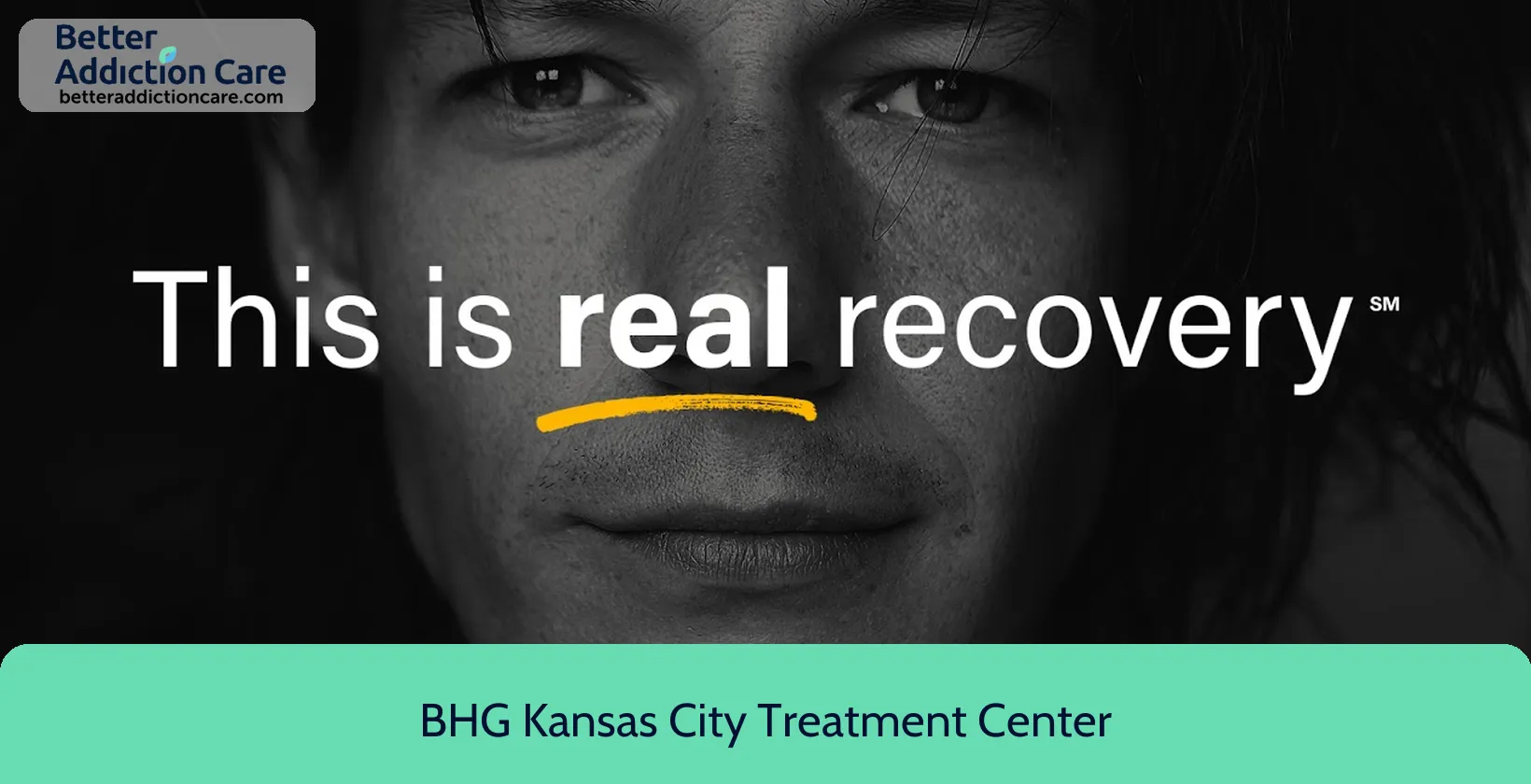ReDiscover - South

Overview
ReDiscover - South is a mental health treatment center for people seeking treatment near Jackson County. As part of their treatment modalities for recovery, ReDiscover - South provides 12-step facilitation, individual psychotherapy, and group counseling during treatment. ReDiscover - South is located in Kansas City, Missouri, accepting cash or self-payment for treatment.
ReDiscover - South at a Glance
Payment Options
- Cash or self-payment
- Private health insurance
- Medicaid
- Medicare
- Sliding fee scale (fee is based on income and other factors)
Assessments
- Comprehensive mental health assessment
- Comprehensive substance use assessment
- Screening for tobacco use
Age Groups
- Young adults
- Adults
- Children/adolescents
- Seniors or older adults
- Seniors
Ancillary Services
- Case management service
- Chronic disease/illness management
- Diet and exercise counseling
- Education services
- Family psychoeducation
Highlights About ReDiscover - South
7.00/10
With an overall rating of 7.00/10, this facility has following balanced range of services. Alcohol Rehabilitation: 8.00/10, Drug Rehab and Detox: 6.00/10, Insurance and Payments: 6.67/10, Treatment Options: 7.33/10.-
Alcohol Rehabilitation 8.00
-
Treatment Options 7.33
-
Insurance and Payments 6.67
-
Drug Rehab and Detox 6.00
Accreditations
Commission on Accreditation of Rehabilitation Facilities (CARF):

CARF accreditation is a globally recognized certification for rehabilitation and human service organizations. It signifies that an organization meets high-quality standards and is committed to providing top-level care. Achieving CARF accreditation involves a rigorous evaluation process, including on-site surveys. This accreditation enhances an organization's reputation, instills trust in clients and funders, and encourages ongoing excellence in the field.
Treatment At ReDiscover - South
Treatment Conditions
- Mental health treatment
- Alcoholism
- Substance use treatment
- Co-occurring Disorders
Care Levels
- Intensive outpatient treatment
- Detoxification
- Aftercare
- Outpatient
Treatment Modalities
- 12-step facilitation
- Individual psychotherapy
- Group counseling
- Family counseling
- Motivational Interviewing
Ancillary Services
Languages
- Sign language services for the deaf and hard of hearing
- Spanish
Additional Services
- Pharmacotherapies administered during treatment
- Mentoring/peer support
- Metabolic syndrome monitoring
Special Programs
- Clients who have experienced trauma
- Clients with co-occurring mental and substance use disorders
- Veterans
- Clients who have experienced intimate partner violence, domestic violence
- Persons 18 and older with serious mental illness (SMI)
Get Help Now
Common Questions About ReDiscover - South
Contact Information
Other Facilities in Kansas City

7.34

7.39

6.58

7.09

7.07

6.79

7.69

7.14
DISCLAIMER: The facility name, logo and brand are the property and registered trademarks of BHG Kansas City Treatment Center, and are being used for identification and informational purposes only. Use of these names, logos and brands shall not imply endorsement. BetterAddictionCare.com is not affiliated with or sponsored by BHG Kansas City Treatment Center.
